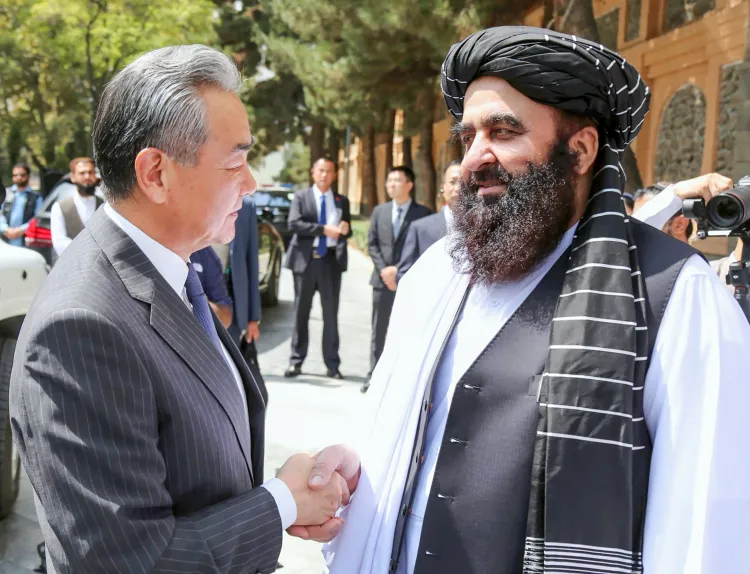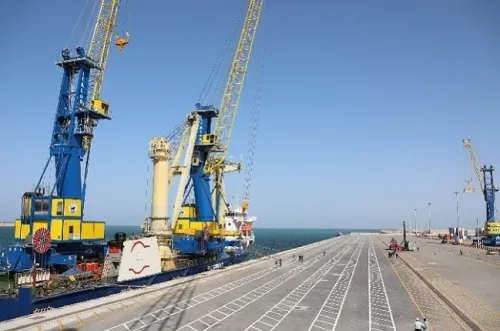What Challenges Does the Extension of CPEC into Afghanistan Face?

Synopsis
Key Takeaways
- CPEC expansion into Afghanistan is complex and challenging.
- China's investment is contingent on Afghanistan's stance towards the TTP.
- Corruption and violence hinder foreign investment.
- The Taliban lack the experience to manage economic relations.
- A direct route to China via Wakhan is preferred by Afghanistan but not prioritized by China.
New Delhi, Sep 18 (NationPress) Pakistan, Afghanistan, and China have reached an agreement to extend the China-Pakistan Economic Corridor (CPEC) into Afghanistan, despite ongoing tensions between Islamabad and Kabul due to the latter's backing of the Tehreek-e-Taliban Pakistan (TTP).
This arrangement seems to have been facilitated by China, which has promised to invest in various projects in Afghanistan on the condition that Kabul ceases its support for the Pakistani Taliban, a significant threat to Islamabad.
Nonetheless, numerous challenges at the ground level could hinder the realization of this agreement, as highlighted in an article by Sudha Ramachandran in The Diplomat.
The piece references insights from Shaheer Baig, a former official in the Afghan National Security Council under President Ashraf Ghani, who expresses skepticism regarding the CPEC project's potential for success due to persistent violent attacks in the unstable region, rampant corruption, and Pakistan's overarching strategy of sowing chaos in Afghanistan to maintain control.
From Pakistan's perspective, Afghanistan serves as a means to achieve strategic depth against India, shaping its policies and strategies towards its neighbor for decades. Islamabad aims to exert control over Kabul, pushing for dominance in Afghanistan's military, foreign policy, and trade.
Historical precedent indicates that while Chinese companies have won multiple contracts in Afghanistan, they have struggled to complete projects successfully. A case in point is the Mes Aynak copper mine, awarded to the Metallurgical Corp of China (MCC). Due to Afghanistan's lack of necessary electricity and water resources for such a large-scale operation, the project has not progressed beyond planning stages. Recently, an oil project in Sar-e-Pul encountered issues, with reports of Chinese engineers being detained by the Taliban.
Foreign investment in Afghanistan faces a multitude of hurdles. Tribal communities along the Durand Line can be easily incited to disrupt projects violently. Corruption also looms large as a critical concern, leading to the assertion that without addressing these issues, “no major projects, even those led by the Chinese, will succeed in Afghanistan.”
According to Baig, Afghanistan expresses interest in joining the Belt and Road Initiative (BRI) but not through CPEC. It prefers a direct route from Wakhan to China, yet this option lacks feasibility and is not a priority for China, which, like India and other nations, views Afghanistan primarily through the lens of security challenges rather than a potential partner for trade.
The Taliban, desperate for financial resources from any source, lack governmental experience. They recognize China's economic might but misunderstand its complexities, mistakenly believing that funds are readily available, whereas China does not provide free financial support.
“During our tenure, we received minimal significant funding from China—mostly small amounts under six digits, with only occasional larger sums. Promised investments often fell short of expectations,” Baig noted.









